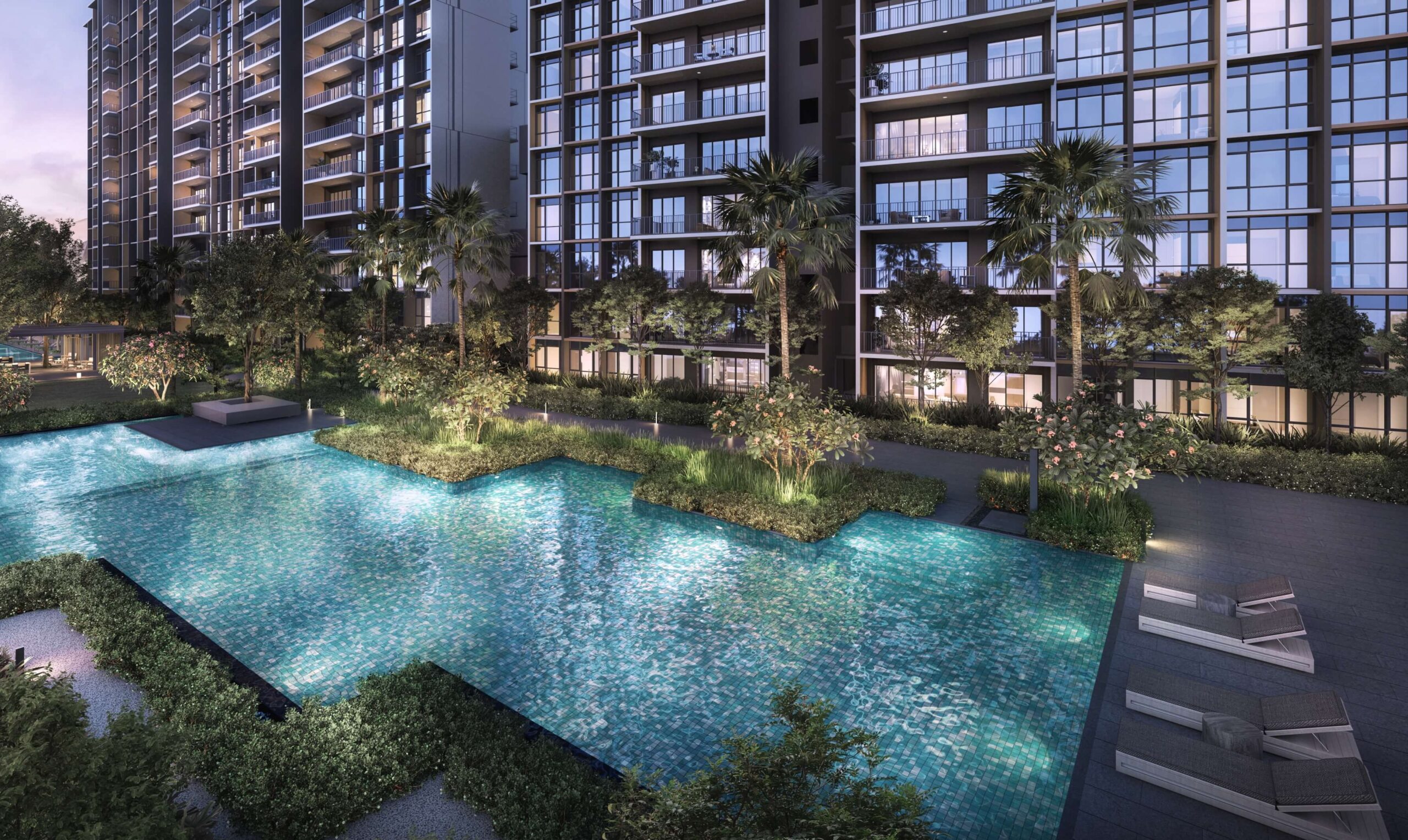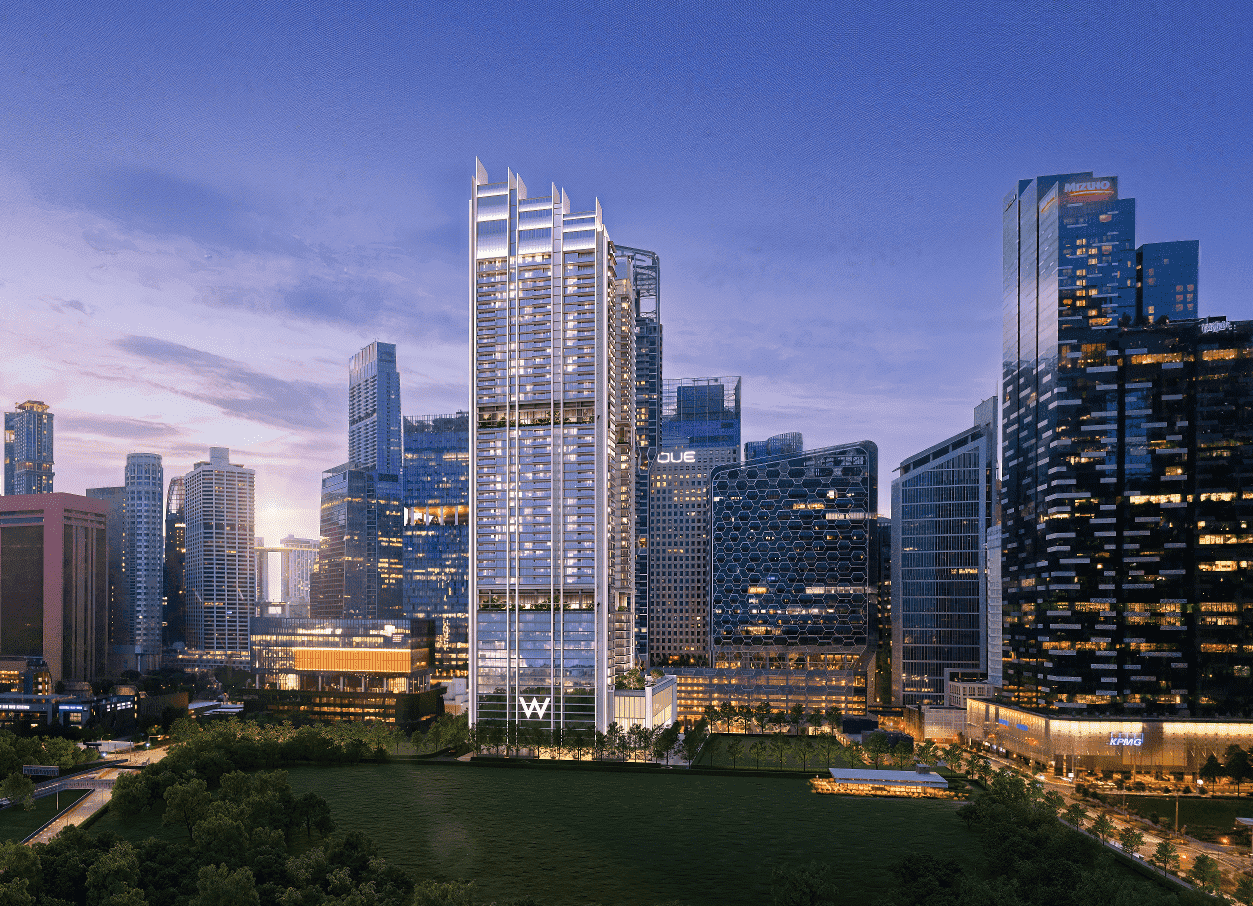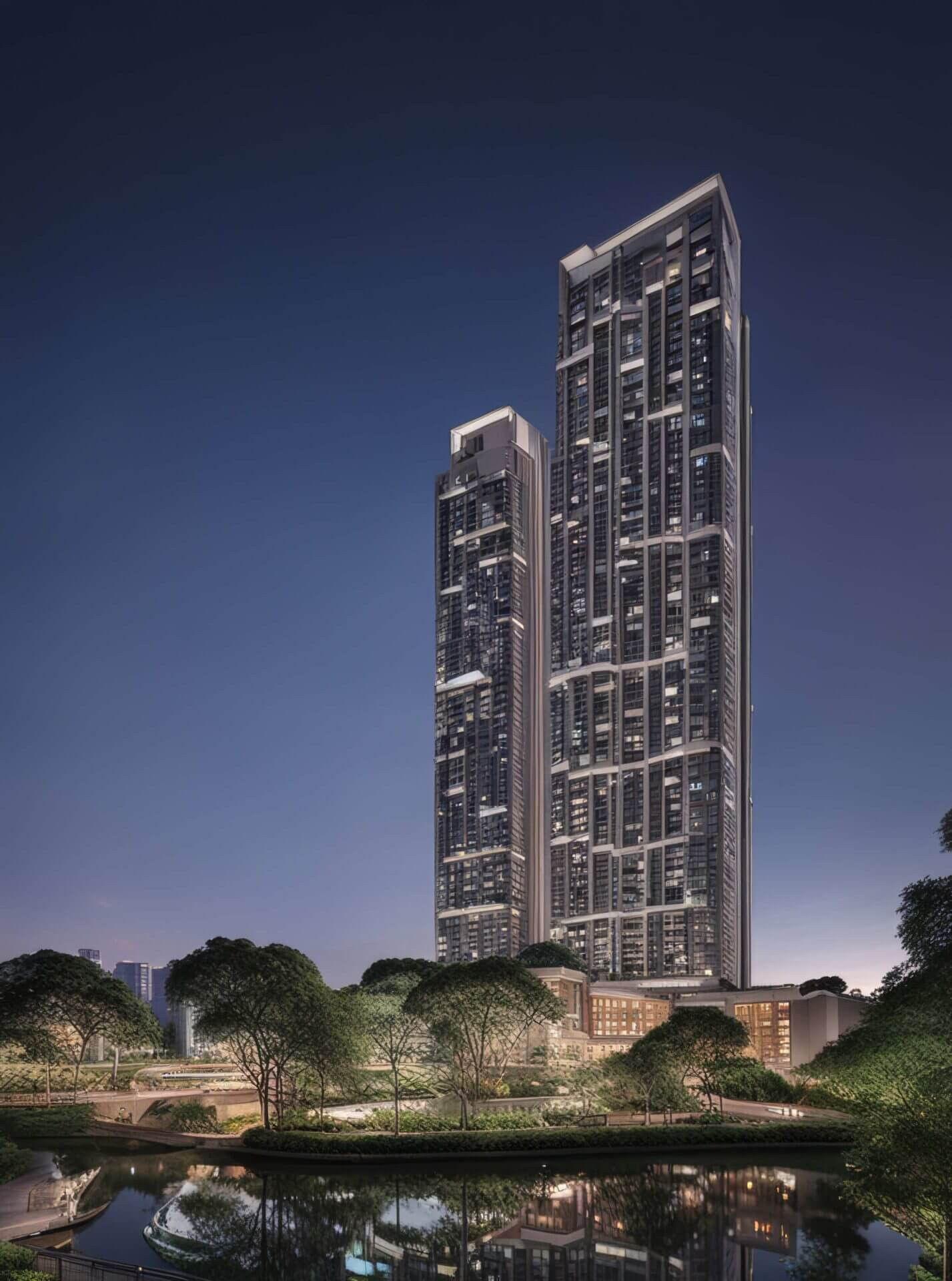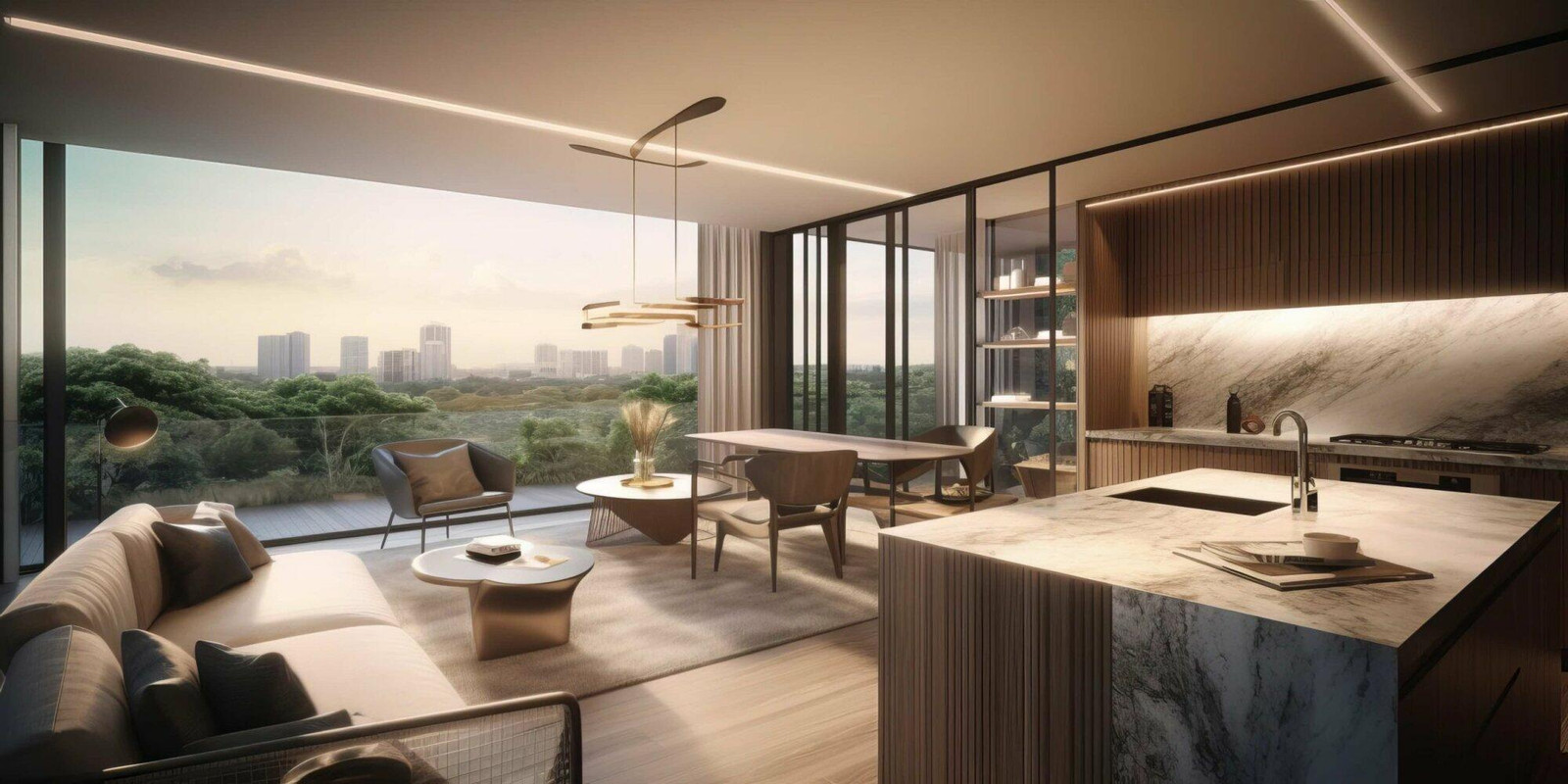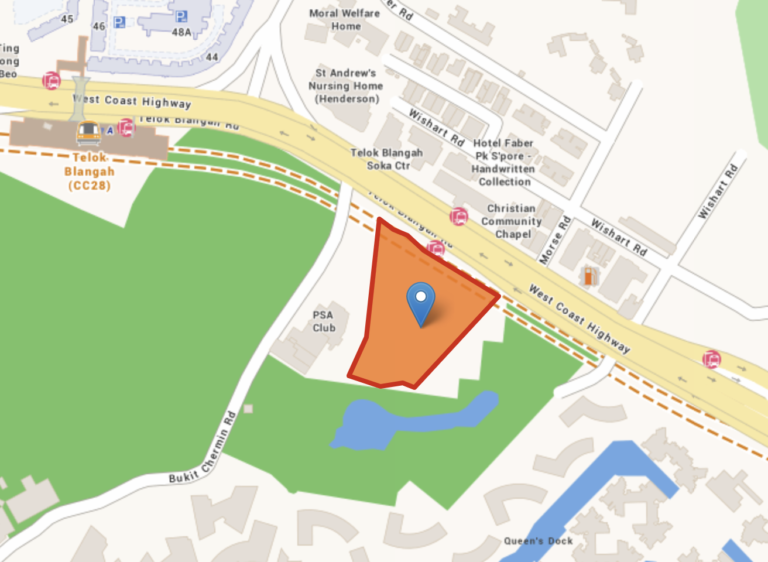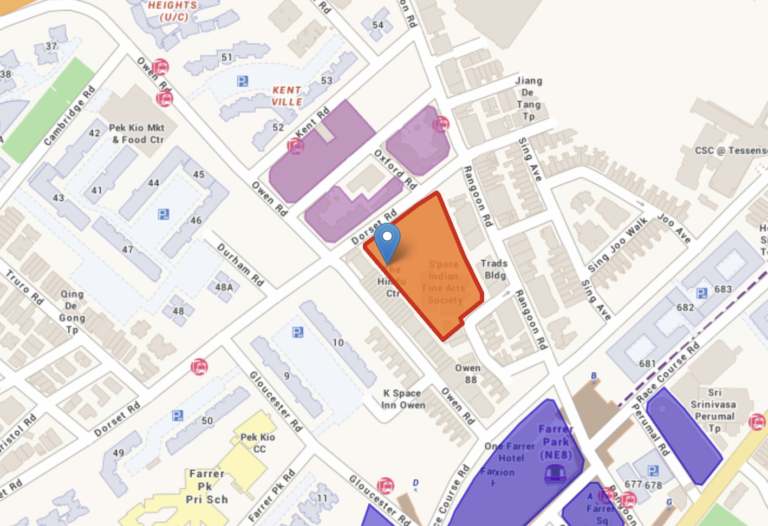In Singapore, buying a condo is a dream for many people. However, before making a purchase, it is important to understand the eligibility criteria. The eligibility criteria for buying a condo in Singapore are set by the government and vary depending on the type of property and the buyer’s nationality.
For Singapore citizens and permanent residents, the minimum age to purchase a condo is 21 years old. Foreigners are also eligible to purchase non-landed private property, but they must obtain government approval before doing so. Additionally, there are certain restrictions on the ownership of condos for the first few years after purchase, depending on the type of property.
Understanding the eligibility criteria is crucial for anyone looking to buy a condo in Singapore. It is important to note that the criteria may change over time, so it is recommended to stay updated on the latest requirements. With the right knowledge and preparation, buying a condo in Singapore can be a smooth and rewarding experience.
Eligibility Criteria for Purchasing a Condo in Singapore

When it comes to purchasing a condo in Singapore, there are certain eligibility criteria that one must meet. These criteria involve age, citizenship, income, income ceiling, property ownership, family nucleus, and public schemes. In this section, we will discuss each of these criteria in detail.
Age Requirements and Citizenship
To be eligible to purchase a condo in Singapore, one must be at least 21 years of age. Additionally, they must either be a Singapore citizen, a permanent resident, or a foreigner who is eligible to purchase property in Singapore.
Income Ceiling and Property Ownership
The income ceiling is an important factor in determining whether one is eligible to purchase a condo in Singapore. The income ceiling varies depending on the size of the family nucleus and the type of property being purchased. For example, the income ceiling for a family nucleus of four purchasing an executive condominium (EC) is $16,000.
Additionally, one must not own any other property in Singapore or overseas at the time of application, unless they are applying under the Fiancé/Fiancée Scheme, Orphans Scheme, or Singles Scheme.
Family Nucleus and Schemes
The family nucleus refers to the group of individuals who will be living together in the condo. The family nucleus can consist of the applicant, their spouse, children, parents, and siblings. Different public schemes are available depending on the makeup of the family nucleus.
For example, the Fiancé/Fiancée Scheme is available for engaged couples who are planning to get married within three months of the purchase of the condo. The Orphans Scheme is available for unmarried or divorced individuals who are taking care of at least one orphaned child below 18 years of age. The Singles Scheme is available for single Singapore citizens aged 35 and above.
In summary, eligibility criteria for purchasing a condo in Singapore involve age, citizenship, income, income ceiling, property ownership, family nucleus, and public schemes. It is important to carefully review these criteria before applying to purchase a condo in Singapore.
Understanding Executive Condominiums (ECs)

Executive Condominiums (ECs) are a unique housing option in Singapore that combines affordability with private condo features. They are built and sold by private developers, but with certain restrictions and eligibility conditions set by the government to ensure that they remain affordable for the middle-income group.
Differences Between ECs and Private Condos
One of the main differences between ECs and private condos is the eligibility criteria. Unlike private condos that are accessible to anyone who has the financial capability to purchase them, ECs come with more requirements. Eligible buyers must be Singaporean citizens, at least 21 years old, and have a household income that does not exceed $16,000 per month. Additionally, buyers must also form a family nucleus with at least one other Singapore citizen or Permanent Resident.
ECs also come with a Minimum Occupation Period (MOP) of five years, during which the unit cannot be sold or rented out. After the MOP, the unit can be sold to Singapore citizens or Permanent Residents only. Furthermore, there is a resale levy imposed on EC buyers who subsequently purchase a private property or another EC unit.
Eligibility Conditions Specific to ECs
To be eligible to purchase an EC, buyers must fulfill the following conditions:
- Have not owned any private property in the past 30 months.
- Have not bought an HDB flat or EC before.
- Have a household income that does not exceed $16,000 per month.
- Form a family nucleus with at least one other Singapore citizen or Permanent Resident.
EC buyers are also subject to the same financing rules as HDB flat buyers, such as the Loan-to-Value (LTV) limit of 75% for first-time buyers and 45% for second-time buyers.
CPF Housing Grants for EC Buyers
Eligible EC buyers can also apply for CPF Housing Grants. The grants are meant to help first-time homebuyers offset the cost of purchasing a home, and the amount varies depending on the buyer’s income and whether they are buying a new or resale EC unit.
For new EC units, first-time buyers can receive up to $30,000 in grants, while second-time buyers can receive up to $20,000. Resale EC buyers can receive up to $5,000 in grants.
In conclusion, ECs are a unique housing option in Singapore that offers affordable private condo features to eligible buyers. However, buyers must fulfill certain eligibility conditions and restrictions set by the government, and they are subject to the same financing rules as HDB flat buyers. Eligible buyers can also apply for CPF Housing Grants to help offset the cost of purchasing a new or resale EC unit.
Financial Considerations and Planning

Budgeting for Your Condo Purchase
Before purchasing a condo in Singapore, it is important to plan your finances and budget accordingly. You should consider your cash and CPF funds, and obtain an Approval-In-Principle (AIP) from a bank to determine your loan eligibility. It is recommended that your monthly mortgage payments do not exceed 30% of your monthly income to avoid financial strain.
Additionally, you should also factor in other costs such as stamp duty, legal fees, and renovation costs. It is important to have a clear understanding of your financial situation and budget to ensure that you can comfortably afford your condo purchase.
Example Financial Plan
| Financial Aspect | Details |
|---|---|
| Property Price | S$1,500,000 |
| Downpayment | S$375,000 (5% cash: S$75,000; 20% CPF/Cash: S$300,000) |
| Loan Amount | S$1,125,000 |
| Buyer’s Stamp Duty (BSD) | S$39,600 |
| Legal Fees | S$2,500 |
| Miscellaneous Fees | S$1,500 |
| Total Initial Outlay | S$418,600 (Downpayment + BSD + Legal Fees + Miscellaneous Fees) |
| Monthly Mortgage Payment | S$5,373 (for a 30-year loan at 4% interest rate) |
| Required Monthly Income | S$9,769 (to meet TDSR requirements) |
Financing Options and Mortgage Planning
There are various financing options available for purchasing a condo in Singapore, including bank loans and CPF Housing Grants. It is important to research and compare different financing options to ensure that you are getting the best deal.
Mortgage planning is also crucial when purchasing a condo. It is recommended that you consult with mortgage experts to understand the different types of mortgages available and to determine which one is best suited for your financial situation.
Understanding the Total Debt Servicing Ratio (TDSR)
The Total Debt Servicing Ratio (TDSR) is a measure used by banks to assess your ability to repay your loan. It takes into account all of your existing debt obligations, including credit card debt and car loans, as well as your proposed mortgage payments.
It is important to understand your TDSR before applying for a bank loan to ensure that you meet the eligibility criteria. The TDSR limit is currently set at 60% of your monthly income, and it is recommended that you keep your TDSR below this limit to avoid financial strain.
Overall, financial planning is crucial when purchasing a condo in Singapore. By budgeting for your purchase, researching financing options, and understanding your TDSR, you can ensure that you make a financially sound decision. It is recommended that you consult with property experts and mortgage advisors to ensure that you have all the information you need to make an informed decision.
The Buying Process and Legal Considerations

Buying a condo in Singapore involves several steps and legal considerations. The process can be overwhelming, especially for first-time buyers. This section provides an overview of the buying process and legal considerations to help you navigate the process.
Navigating the Sale and Purchase Agreement
Once you have found a condo that meets your needs and budget, the next step is to negotiate the terms of the sale with the seller. This involves drafting a Sale and Purchase Agreement (SPA) that outlines the terms and conditions of the sale.
The SPA is a legally binding document that sets out the rights and obligations of both parties. It is important to review the SPA carefully and seek legal advice before signing it. The SPA should include details such as the purchase price, payment schedule, completion date, and any special conditions.
Before signing the SPA, you should ensure that you have obtained an Option to Purchase (OTP) from the seller. The OTP gives you the exclusive right to purchase the condo within a specified period, usually 14 days. You will need to pay a fee to the seller for the OTP, which is usually 1% of the purchase price.
upcoming Condos
Hurry—prime units vanish fast! Secure your showflat appointment now!
Conditions After Buying a Condo
After you have signed the SPA and paid the deposit, you will need to fulfill several conditions before taking possession of the condo. These conditions include paying the stamp duty and legal fees, obtaining a loan if necessary, and obtaining approval from the relevant authorities if you are a foreigner.
Stamp duty is a tax that is payable on the purchase of a property in Singapore. The amount of stamp duty payable depends on the purchase price of the property and your residency status. You should consult a tax expert or lawyer to determine the amount of stamp duty payable.
If you are taking a loan to finance the purchase of the condo, you will need to obtain a loan approval from a bank or financial institution. The loan approval process can take several weeks, so it is important to start the process early.
Foreigners who wish to purchase a condo in Singapore will need to obtain approval from the relevant authorities, such as the Land Dealings Approval Unit (LDAU). The LDAU is responsible for approving the purchase of restricted properties by foreigners.
In conclusion, buying a condo in Singapore involves several legal considerations and steps. It is important to seek professional advice and ensure that you have fulfilled all the necessary conditions before taking possession of the condo. By following the guidelines outlined in this section, you can navigate the buying process with confidence and ease.

